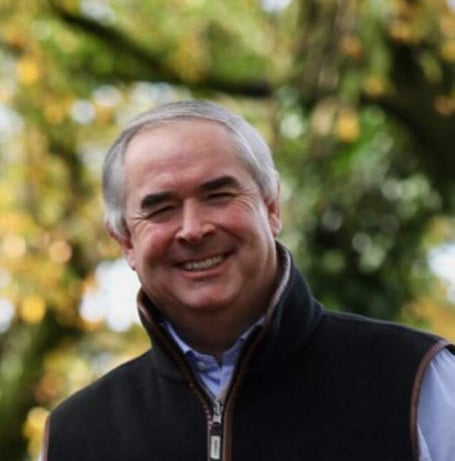The local fishing industry plays an important role here in Torridge, helping our coastal communities prosper and so, since being elected to Parliament in 2005, I have made it a priority to raise the concerns of local fishermen with my ministerial colleagues, vote in favour of sustainable fisheries management policies and maintain a close dialogue with the North Devon Fishermen’s Association (NDFA). This month I met the NDFA again in Clovelly to discuss the issues facing fisheries in Northern Devon, and I am always grateful for the insights of those who work in the industry.
Our waters are a precious natural resource, and they must be managed carefully. In the modern age, our fishing industry, and the biodiversity of the ocean, depend on sustainable management of our fisheries. That is why I supported the Fisheries Act. This landmark piece of legislation enables the amendment of permits to protect certain fish stocks, and introduced an “ecosystem objective” to implement a nature-led approach to fisheries management. The past 10 years has seen remarkable progress in protecting our coastal waters. There are now 372 designated Marine Protected Areas covering 38% of UK waters with more to come this year.
We can be very proud of the Northern Devon Fishery in this regard. It has led the way. Our local fishermen have been working alongside marine conservationists to develop a responsible and sustainable fishery for many years. The Lundy Island voluntary Marine Nature Reserve, initiated in 1972, was the first of its kind in Britain: it became the first statutory No Take Zone set up to protect the area from practices such as bottom trawling and scallop dredging twenty years ago and then the first Marine Conservation Zone. These and other measures have ensured that stocks have thrived.
It is important, therefore, to promote the interests of a thriving fishing industry on this model. The current and potential social and economic value of fishing to our communities is considerable and, in planning new conservation measures, not every fishery will require the same types of restrictions. I support the fishermen’s call for individual evaluation and analysis of how conservation objectives for each area can be achieved while minimising the impacts on the fishing industry. We must ensure closer dialogue with those who would be affected by management measures, close collaboration in the design of those measures and that we maintain a flexible approach.
Similarly in the development of proposals for offshore energy generation installations, it is essential that the interests of our sustainable local fishery are not overlooked. The proposals for floating offshore wind turbine installations out in the Celtic Sea over a huge area must, for example, take account of the fact that they will deny our fishing industry those grounds and force them to go elsewhere. Power cables lying on top of the seabed bringing the energy onshore will also create hazards that prevent safe fishing. It is not only our fishermen who will be affected. The boats with historic rights to fish in those areas from other countries will also be displaced and they and our fishermen will have to fish elsewhere in diminishing fishing grounds and at the expense of stocks in the remaining areas.
Supporting local fishermen and backing robust environmental protections are not contradictory objectives; they can go hand in hand. After all, our fishermen are at the front line of marine conservation. Few have as much at stake in the health of our waters as they do.





Comments
This article has no comments yet. Be the first to leave a comment.